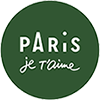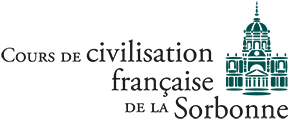Language skills: what is the B1 level in French?
The B1 levels refers to an “independent user” of a given language – French in this case. According to the CEFR – Common European Framework of Reference for language – B1 is an intermediate level allowing one to:
- Understand key points regarding family, work, school or leisure-related topics as long as the conversation uses standard language
- Deal with most traveling situations in areas where French language is spoken
- Create simple texts, and be able to express themselves in a clear speech on topics of personal interest
- Describe experiences, events, dreams, and ambitions, as well as opinions or plans
In order to obtain French citizenship, one must demonstrate spoken and written knowledge of the French language at least equal to level B1 as defined by the CEFR. Valid TCF and TEF are also accepted as part of the naturalization process.
The B1 level in French is also important when it comes to studying in France if your goal is to take post-baccalaureate undergraduate courses such as bachelor or license degrees. In the French education system, the licenses and bachelors both require 3 years of study (sometimes 4 for the bachelor) and therefore require a solid knowledge of French language.
Enroll in higher education by attesting to your B1 level
The B1 or B2 level is strongly recommended for students who wish to pursue studies at the bachelor’s and master’s level, especially in the fields of human and social sciences. Level B2 is required for entry into the 1st year as part of the DAP (Demande d’admission préalable or prior admission request).
A b1 level can be reached thanks to a diploma such as the DELF – Diplôme en langue française or Diploma in French Language Studies. Assessing the candidates’ written and oral skills in French, the DELF is indeed an excellent way to get ready for bachelor’s degree.
If you want to enroll in higher education in France, you can also opt for the DALF – Diplôme approfondi en langue française, diploma in advanced French language. This diploma addresses more advanced speakers and therefore goes beyond B1 level. This degree is probably the best choice when it comes to enrolling in a French-speaking university, giving its holder a deeper mastery of French language.
If you wish to justify a B1 level in French, the CCFS (cours de civilisation française de la Sorbonne) allows you to prepare and take exams such as the DELF and the DALF in a way that will favor the success of your studies!











